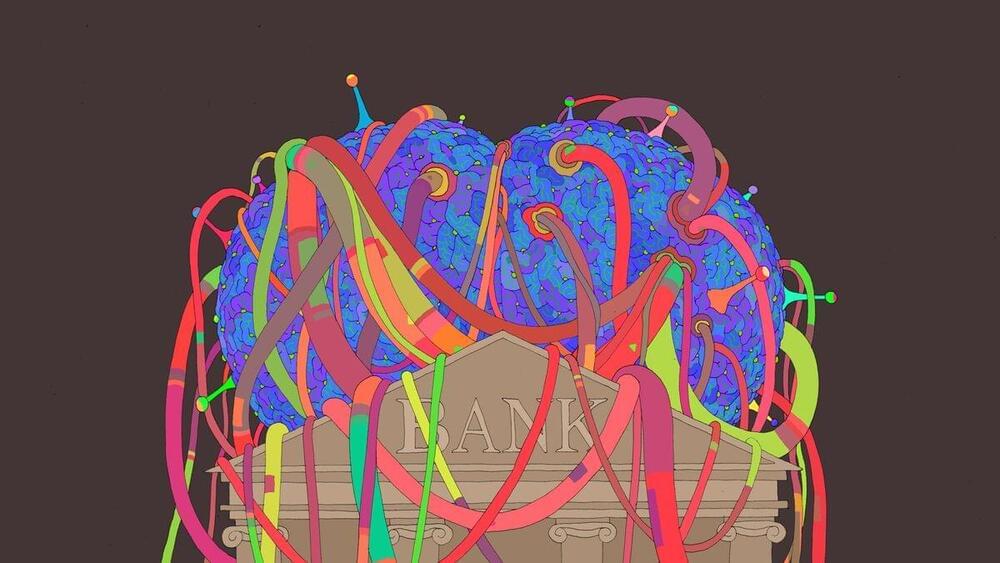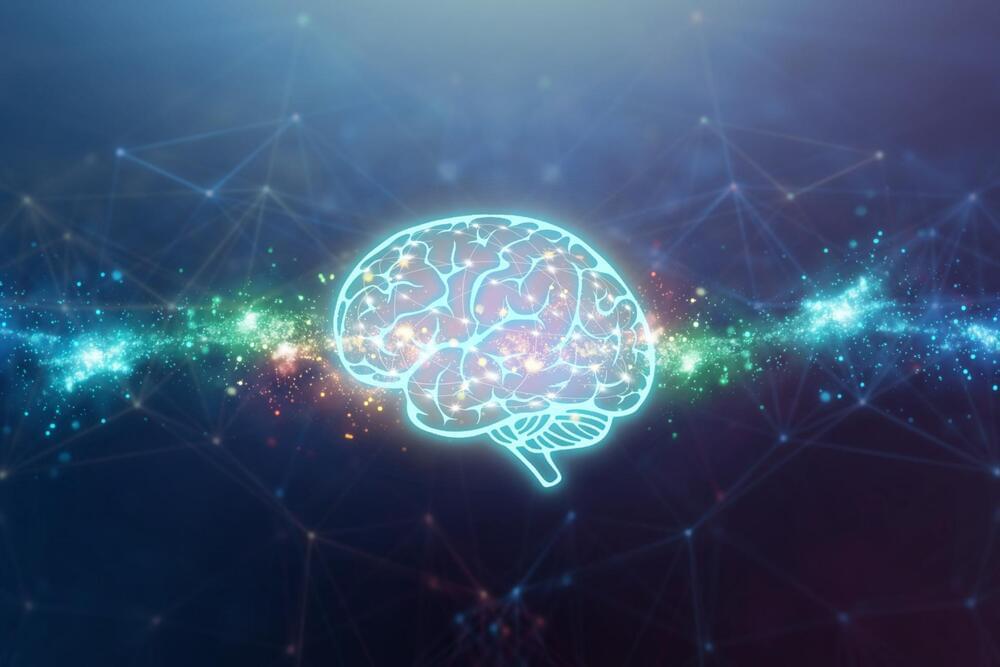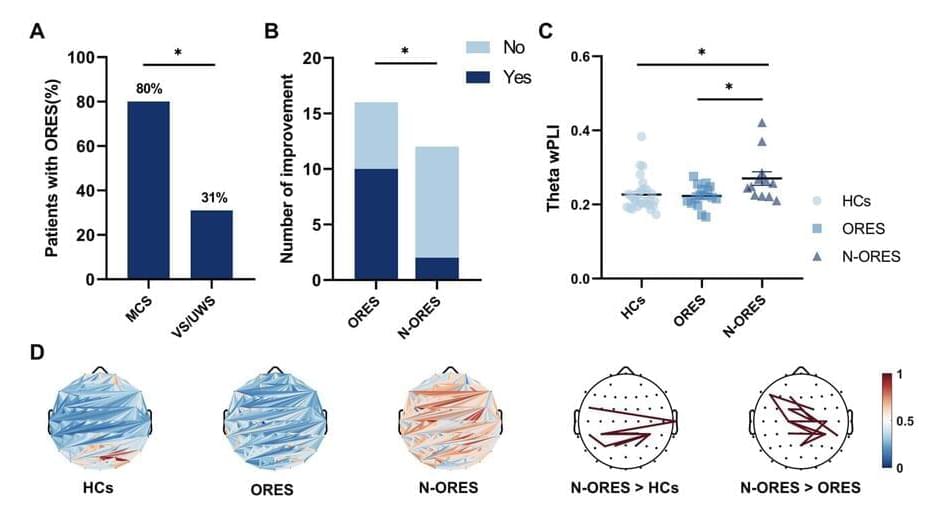Please make sure your browser supports JavaScript and cookies and that you are not blocking them from loading. For more information you can review our Terms of Service and Cookie Policy.



WordPress.com is taking on Substack and others with today’s news that its Newsletter product will now support paid subscriptions and premium content. First launched in December, WordPress.com Newsletter allows writers to automatically send out posts via email to connect directly with their audience, while still being able to leverage WordPress.com’s other capabilities. Writers can opt to use the feature solely for newsletters or they can add the option to their blog to cater to readers who want to receive new posts via email instead.
While for years there have been plug-ins and third-party services that allow blog owners to send out their posts via email, WordPress.com’s decision to move more directly into this space was a reflection of how people now prefer to read news and information. As the state of websites has worsened — dominated by clutter, ads, overlays, pop-ups, and cookie acceptance banners — many have turned to email as an easier way to stay connected to writers, journalists, essayists, and other publishers they want to follow.
Given WordPress.com’s sizable footprint — WordPress powers 43% of the web, including its open source version — its shift into the newsletters market is significant.

Discover the intriguing findings that shed light on the significance of brain shape and its influence on brain activity.
Groundbreaking research conducted by a team of Australian scientists suggests that the shape of our brains may affect us more than we think. Nobody wonders if their brain shape is an important parameter. Most people attribute brain size to behaviors even more.
However, it turns out that shape has a more significant impact on our thoughts and behavior than the connections and signals between neurons.

Artificial Intelligence’s growing capacity to generate realistic content, such as deep fakes, is stirring debate in Hollywood over actor compensation and content creation.
The use of artificial intelligence in creating realistic videos has become a contentious issue within Hollywood. Famed director Wes Anderson appears to be part of a trend, as fake movie trailers bearing his distinctive style have popped up on YouTube, featuring significant stars like Bill Murray and Scarlett Johansson. But Anderson or his stars didn’t craft these trailers, and they were generated by AI, stirring debate among actors, writers, and studios.
“Hollywood” by Marcus Vegas is licensed under CC BY-SA 2.0.
AI’s ability to produce this level of realistic content has created a division in Hollywood. While some see potential in the technology’s capacity for content creation, others are concerned about how it might be used. The Screen Actors Guild‐American Federation of Television and Radio Artists (SAG-AFTRA) is one group voicing concerns. The actors union is preparing to negotiate labor contracts with studios, and the use of AI is a top issue.

Exclusive: Watch the world premiere of the AI-generated short film The Frost
“Pass me the tail,” someone says. Cut to a close-up of a man by the fire gnawing on a pink piece of jerky. It’s grotesque. The way his lips are moving isn’t quite right. For a beat it looks as if he’s chewing on his own frozen tongue.

The International Energy Agency just released its annual investment report. Here’s where the money is going.
Money makes the world go round.
The International Energy Agency just published its annual report on global investment in energy, where it tallies up all that cash. The world saw about $2.8 trillion of investments in energy in 2022, with about $1.7 trillion of that going into clean energy.

Given this new information humans could modify their genetic code to rapidly accelerate their evolution aswell leading to a biological singularity of evolution.
Codfish have been telling a story of rapid fish evolution, reshaped by human activity more swiftly than previously assumed, reveals a cutting-edge study led by Rutgers University.
This evolutionary tale, illuminated during the latter half of the twentieth century, signifies the impact of human-driven overfishing. The findings suggest that evolutionary changes, once thought to span millions of years, can be catalyzed within mere decades.
The report, sharing the first genomic evidence of such accelerated evolution in Atlantic cod, has recently been published in the journal Philosophical Transactions of the Royal Society B: Biological Sciences.

Infections and other diseases can cause red blood cells to rupture, releasing the oxygen-binding molecule hemoglobin, which breaks down into heme. Free heme can cause significant inflammation and organ damage, leading to morbidity and mortality.
Researchers from St. Jude Children’s Research Hospital discovered NLRP12, an innate immune pattern recognition receptor, to be the key molecule responsible for inducing inflammatory cell death and pathology in response to heme combined with other cellular damage or infection. The finding provides a new potential drug target to prevent morbidity in certain illnesses. The research was published today in Cell.
Many infectious and inflammatory diseases, including malaria or SARS-CoV-2 virus infections and sickle cell disease, cause red blood cells to break apart and spill their contents. The process, hemolysis, releases the hemoglobin. In the bloodstream, hemoglobin then breaks down into a substance called heme.
Sightful, a startup based in Tel Aviv, is rolling out what it calls the world’s first augmented reality (AR) laptop following nearly three years of under-the-radar development.
Designed for the “work from anywhere” movement, the 13-inch Spacetop takes full advantage of AR to transform the area around users into 100 inches of virtual screen space.
Spacetop’s multi-monitor “Canvas” can display all open apps and windows, overlaid on the real world yet invisible to anyone except the user wearing the customized NReal AR glasses that come with the device. There are no gesture controls to learn, and no external hardware to integrate.

Severe brain injuries or head traumas in humans can lead to various stages of so-called disorders of consciousness (DoC). These are states in which consciousness is either partly or entirely absent, such as a coma; unresponsive wakefulness syndrome, also known as a vegetative state; and minimally conscious state.
Accurately evaluating patients who have lost consciousness is of crucial importance, as it allows doctors to determine what treatments to administer and how to facilitate the re-emergence of consciousness. Typically, to clinically evaluate consciousness, doctors observe the behavior of patients in response to sensory stimuli, such as sounds or images.
For instance, while patients in a vegetative state are awake but continue to be unresponsive to external stimuli, patients with MCS exhibit some behaviors that indicate that they are conscious. So far, most methods to assess the consciousness level of patients rely on sounds or visual stimuli, yet olfactory stimuli could potentially prove useful too.